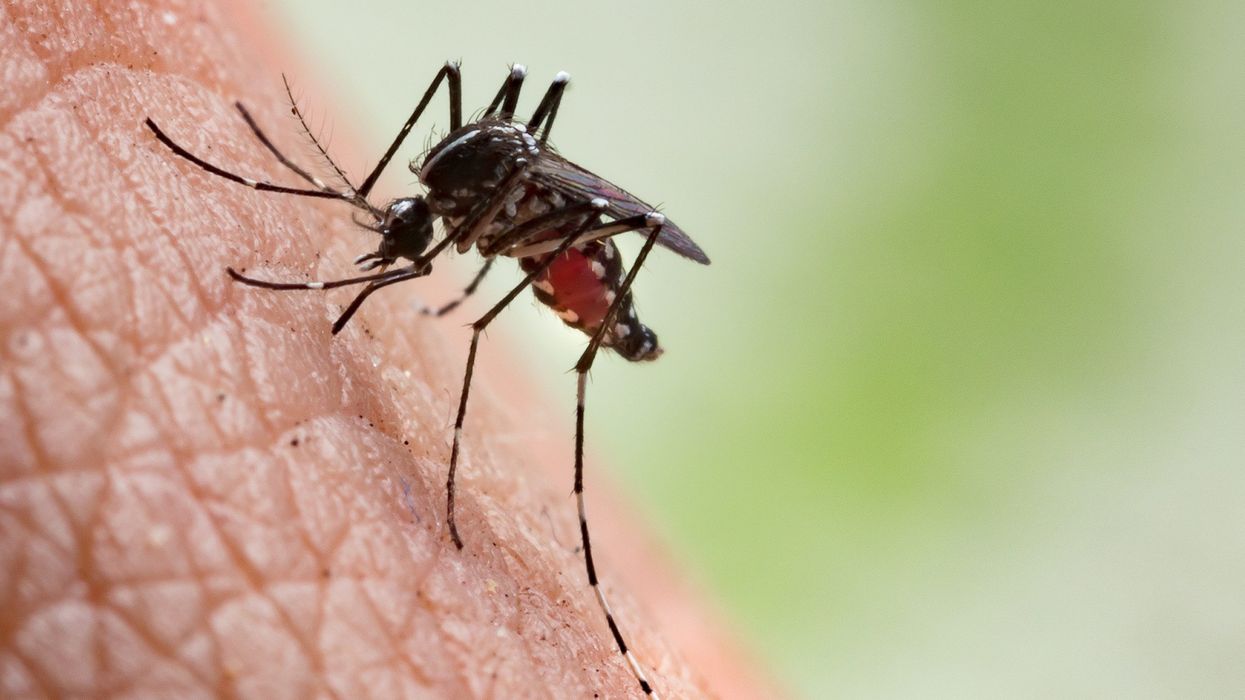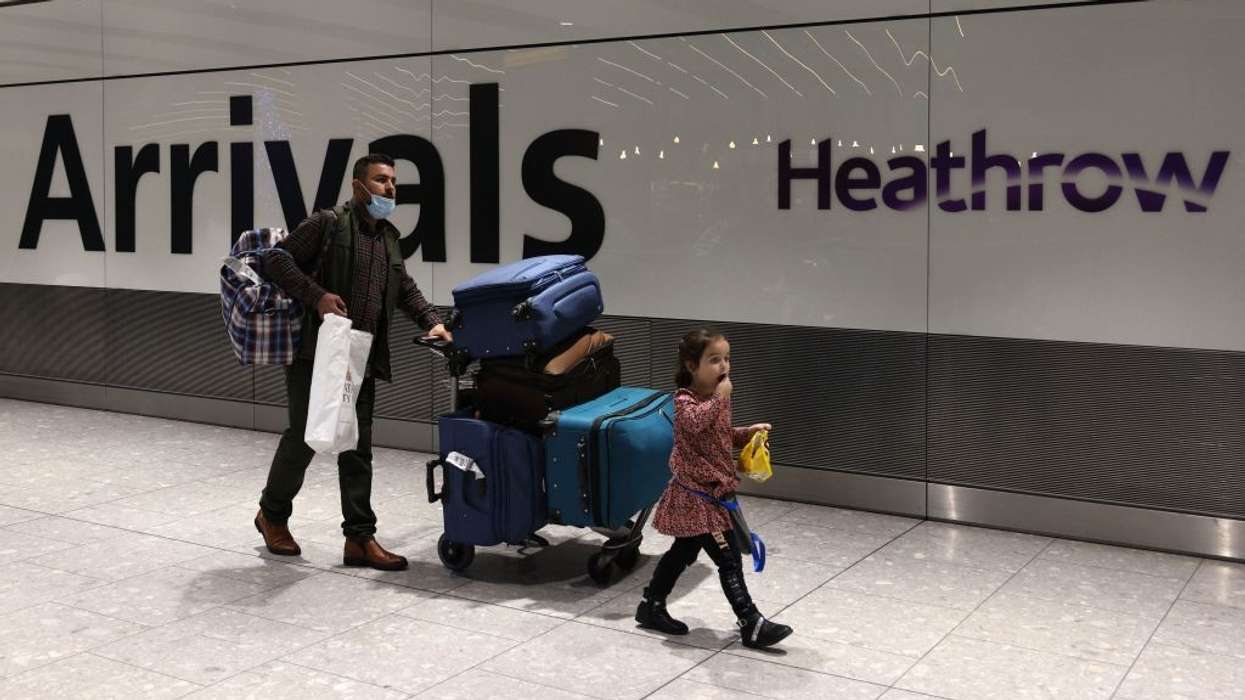THE UK Health Security Agency (UKHSA) has reported a rise in travel-related Chikungunya cases in England during the first half of 2025. Seventy-three cases were confirmed between January and June, compared with 27 in the same period last year.
This is the highest number for this time of year on record. Most cases involved travel to Sri Lanka, India and Mauritius, linked to outbreaks in the Indian Ocean region, a statement said on Thursday (14). All cases were reported in England, with most in London.
Chikungunya is spread by two species of mosquito that are not present in the UK. Symptoms include sudden fever, joint pain, muscle aches, headaches, sensitivity to light and skin rashes.
While most people recover within one to two weeks, joint pain can persist for months or even years, and in rare cases the illness can be fatal, especially for infants, older people and those with existing health problems.
Two vaccines have been approved for use in the UK - IXCHIQ for people aged 18 to 59 and Vimkunya for those aged 12 and over. Both are available privately through travel clinics after assessment.
Dr Philip Veal, consultant in Public Health at UKHSA, said Chikungunya can cause severe joint and muscle pain and that while it is rarely fatal, symptoms may persist for months.
He urged travellers to take precautions against mosquito bites, such as using insect repellent, covering skin and sleeping under treated nets. He added that a vaccine may also be considered for those travelling to higher-risk areas.
The latest UKHSA Travel-associated Infections Report also confirmed the first three UK cases of Oropouche virus, all in travellers returning from Brazil.
The illness is spread mainly by midge bites, with the type responsible not found in the UK. Symptoms include fever, chills, headache, joint pain and muscle aches. Pregnant travellers are advised to take particular care following concerns about infection during pregnancy.
The report also noted an increase in cholera cases to eight, up from one last year, mostly linked to travel to India and Ethiopia.
Dengue cases fell to 161 from 490 during the same period in 2024, and Zika cases decreased to four from nine last year. There have also been cases of meningococcal serogroup W disease linked to travel to Saudi Arabia for Hajj and Umrah, with health officials advising vaccination before travel.
UKHSA also advised travellers to consult the Travel Health Pro website at least four to six weeks before departure for up-to-date health advice.





